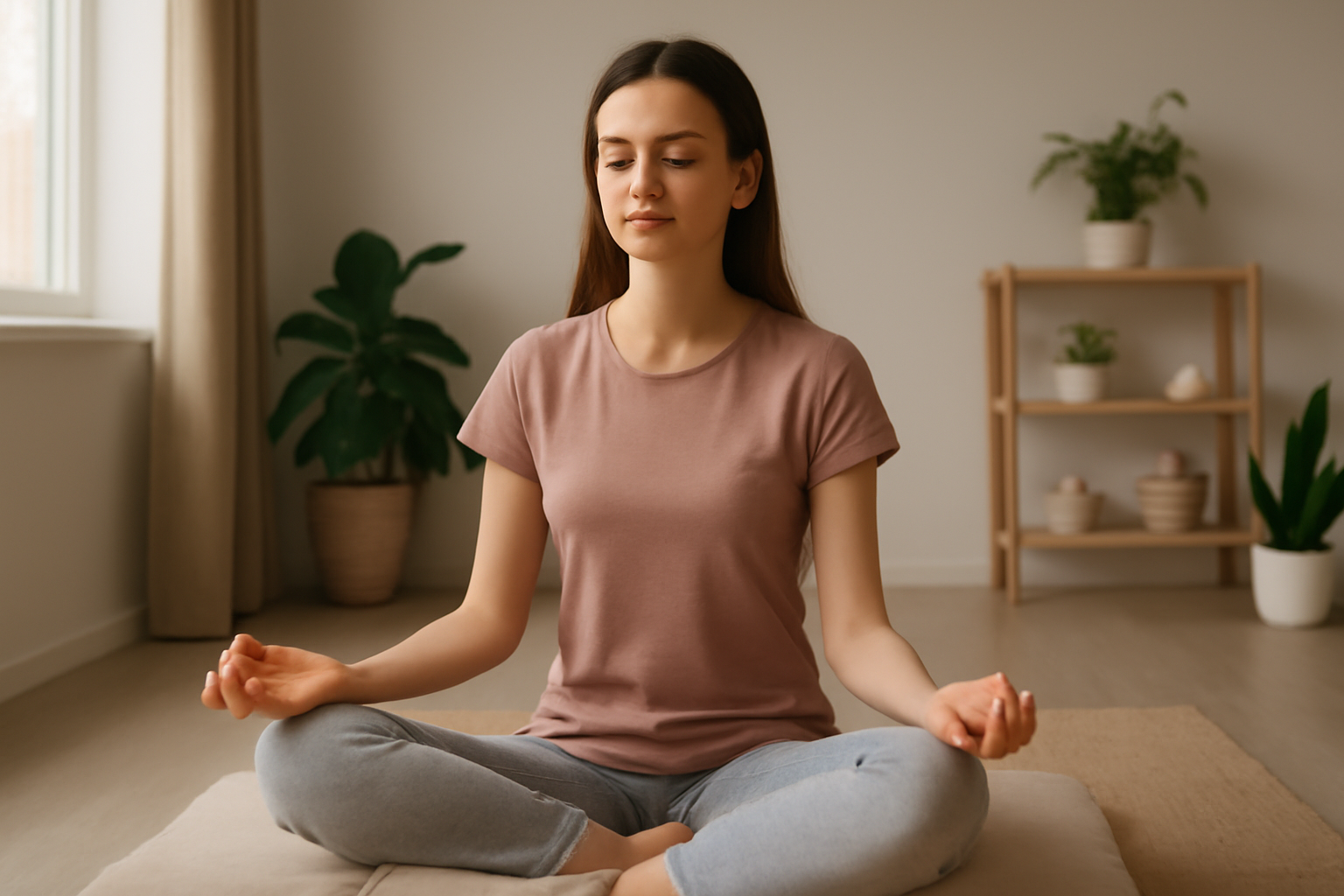Meditation is a simple yet powerful practice that can have profound effects on your emotional well-being. By training your mind to focus and become more aware of the present moment, meditation helps reduce stress, improve mood, and increase resilience to life’s challenges. This article explores how meditation supports emotional health and offers practical tips to get started.
The Connection Between Meditation and Emotional Health
Regular meditation helps regulate the brain’s emotional centers, reducing activity in areas associated with stress and anxiety. It encourages a calm, balanced state of mind by fostering self-awareness and acceptance of your thoughts and feelings. This process can lead to improved emotional regulation, decreased reactivity, and a greater sense of inner peace.
Benefits of Meditation for Emotional Health
- Reduces symptoms of anxiety and depression
- Enhances focus and concentration
- Promotes better sleep quality
- Increases self-compassion and empathy
- Helps manage chronic pain and physical ailments
- Boosts overall sense of well-being and happiness
Getting Started with Meditation
1. Find a Quiet Space
Choose a comfortable, quiet environment where you won’t be disturbed. Sit or lie down in a relaxed position.
2. Set a Time Limit
Begin with 5 to 10 minutes daily and gradually increase as you become more comfortable.
3. Focus on Your Breath
Pay attention to your breathing—notice the sensation of air entering and leaving your nostrils or the rise and fall of your chest. When your mind wanders, gently bring your focus back to your breath.
4. Use Guided Meditations
If you’re new to meditation, guided sessions available through apps or online platforms can provide structure and support.
5. Practice Mindfulness Throughout the Day
Incorporate brief moments of mindfulness by paying attention to your senses, thoughts, or emotions in everyday activities.
Overcoming Common Challenges
It’s normal for your mind to wander or feel restless during meditation. Be patient and avoid judging yourself. Consistency is more important than duration—regular practice builds the habit and deepens benefits over time.
Embrace Meditation as a Tool for Emotional Balance
Meditation is not about emptying your mind but about cultivating awareness and kindness toward yourself. With patience and practice, meditation can transform your emotional health, helping you navigate life with greater calm and resilience.

